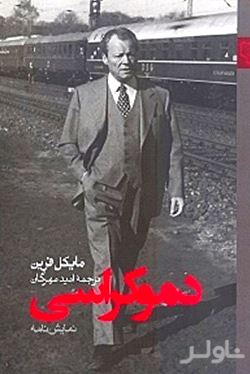|
نویسنده :
مایکل فرین
ناشر :
رخداد نو
۳/۶ از ۵
|
۱ | ||
|
نویسنده :
مایکل فرین
ناشر :
نیلا
۰ از ۵
|
|||
|
نویسنده :
مایکل فرین
ناشر :
چترنگ
۳/۵ از ۵
|




